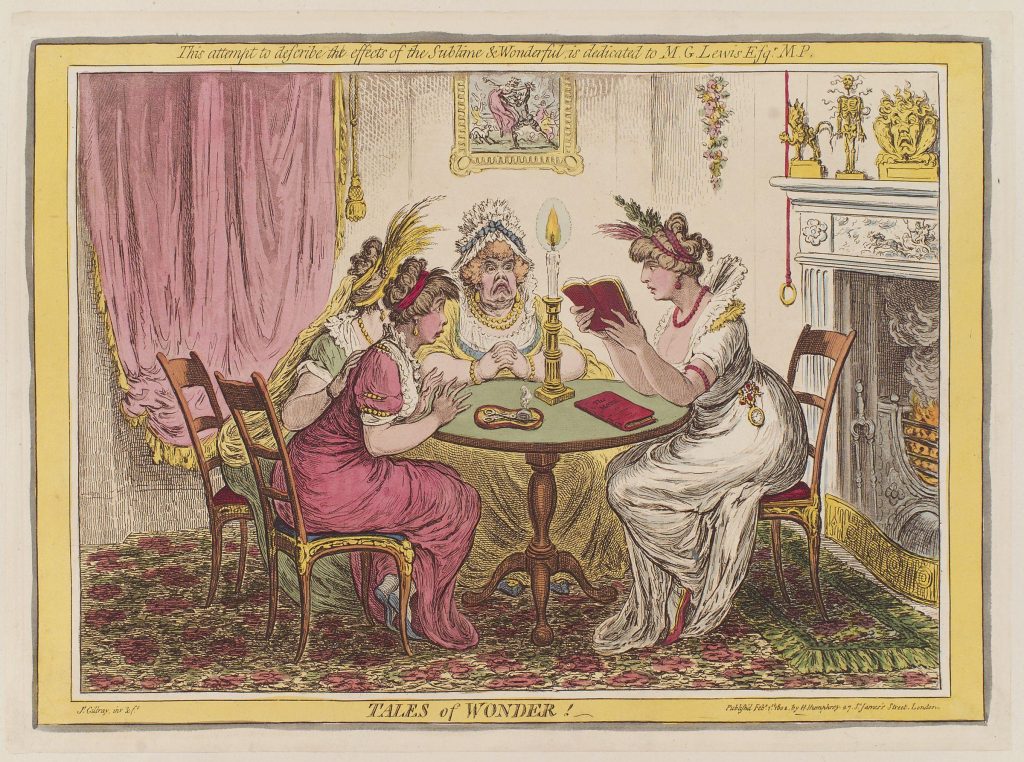About a week ago, one of the first readers of my novel and I entered a strange but fruitful ritual. Full disclosure: I’m in a relationship with this first reader, and perhaps it is only in a relationship that this kind of ritual might bloom, but I hope not. Every day, I would read a chapter to him, and he would listen. We began this way out of necessity. I was nervous about showing my work to anyone, and he wanted to be a part of the process. This was our compromise. I’d read him my work before, usually finished short stories, but the stakes felt higher, and so we entered into this arrangement with some trepidation.
Reading that first chapter, I was so self-conscious. I made him lie down and turn his head away from me. I stopped frequently to ask if he’d fallen asleep. But slowly, as I reached the end of the first chapter of the first novel I’d ever written, I realized that I was enjoying myself. I had put aside the novel draft for a couple of weeks beforehand, and to revisit the characters and world was a treat, and I felt a lovely bond between myself and my first reader, as we both dove into the novel, quite literally on the same page.
There’s a divide between writer and reader, one so large that we can never be sure if what we’re transmitting is being received, if what we’re receiving was meant to be transmitted. Rarely, even in the editing phase, does being read feel empowering to me. And when I am finally able to ask all my questions, to see if what I wanted to say was interpreted correctly, if what I found interesting compelled them as well, I find I don’t quite believe what they’re saying. Or rather, I understand that the time that has passed between now and when they finished the manuscript might have mediated their experience, leading them to discount or forget moments of boredom and confusion. Don’t get me wrong, these discussions are wonderful, constructive, and transformative, but they paint in broad strokes. They help me with structural issues, unsketched characters, and plot holes. But the minutia of the experience—these details would turn visible only if I were to perch over the shoulder of my dedicated reader and track the path of their eyes on the page.
Or, so I found out, if I read my manuscript aloud to my reader.
When I read my chapters to my first reader, I can gauge exactly how he is reacting in real-time. I can tell when his attention drifts from how sleepy his eyes look, and also when he is most engaged, because he makes little noises during the good parts. I can ask him if a sentence sounds awkward and fix it immediately. He is especially good at picking out unbelievable dialogue. I ask him at the end of each chapter what his favorite moment was, his least favorite, and any other questions that came to me in the act of reading. From this ritual, I pinpointed the exact instant he felt compelled to keep reading, his first impressions of the characters, and the moments that won each character over for him.
In turn, I am inspired by my work again. Working on a novel gets stale real quick. The exciting sentences get dulled with repetition. The characters turn predictable. Like being in an old marriage, sometimes I feel that all that’s left is obligation and a dogged determination to get to the end. But as with an old marriage, watching someone new take interest in your over-familiarized work, watching them grow more compelled by the wonderful traits and remain ignorant of the nitpicky flaws, is to fall back in love yourself.
What’s more, at this point in the novel, past the first draft but not quite near the finish, the idea of being published and being read becomes less abstract. And its growing concreteness does terrify me. What will it feel like to be read? How will I deal with the loss of control in releasing my novel into the wild? The gratification of watching a reader in the process of reading (or close enough) helps to calm these anxieties. At least some of my readers will react like this, will murmur with pleasure at the ends of chapters and laugh a little at the jokes.
Many writers would hate to be micromanaged in this way, and indeed I’ve disagreed with my first reader about what he finds boring and what I deem necessary to the novel. But for me, this reading ritual works. I am kinder towards my writing, but also, more merciless in cutting pretty prose that is merely pretty.
Come tonight, the ritual will begin again. He will lie on his stomach, a hot water pad on his achy lower back. I will sit next to him, laptop burning my legs. I will read, and he will respond. We will argue a little, throw out fixes, compromise. And at the end of the chapter, we both will look forward to the next one.




